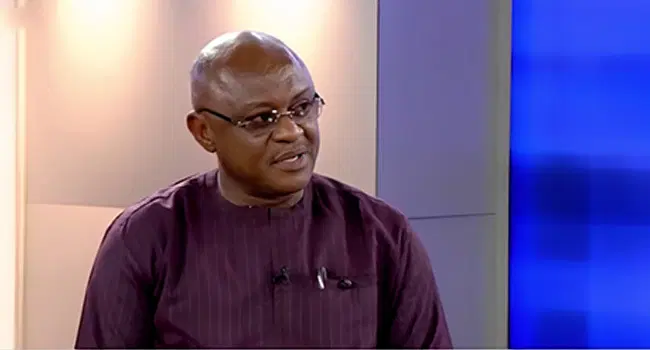The National Chairman of the New Nigeria Peoples Party (NNPP), Agbo Major, has said that President Bola Tinubu’s political future in the 2027 general elections will ultimately be decided by Nigerians, amid growing public concern over economic hardship.
Speaking in an interview, Agbo acknowledged that the Tinubu administration had taken some bold and necessary decisions, but criticised the government’s failure to implement sufficient cushioning measures to ease the impact on ordinary citizens.
“I don’t believe in judging any government too early. However, Nigerians know that this administration inherited a troubled nation,” Agbo stated. “Some of the policy decisions, particularly the removal of fuel subsidy without adequate cushioning measures, have worsened hardship.”
He went on to explain that while tough decisions are often required to build a thriving economy, the timing and execution of such policies matter significantly.
“The issue is not the removal of subsidy itself but the timing and the lack of safeguards. In most countries, essential services like energy are subsidised. Removing it suddenly, without a soft landing for citizens, has created pain and suffering across the land,” he said.
READ ALSO: NNPP disowns Kwankwaso’s APC move, says defection Is personal, not party decision
Despite his criticism, Agbo highlighted a key benefit of the policy, noting that the subsidy removal has increased revenue allocation to state and local governments. However, he questioned how effectively these additional funds are being used.
“But we must also acknowledge that the policy has increased revenue to states and local governments. The question now is how those leaders are using the extra funds,” he said.
When asked about Tinubu’s prospects for a second term, Agbo remained non-committal, stressing that the decision lies in the hands of the electorate.
“So, does Tinubu deserve another term? That’s a question for Nigerians to answer based on how they feel by 2027. If things improve, people may decide to give him another chance. If not, the ballot will speak,” he concluded.



